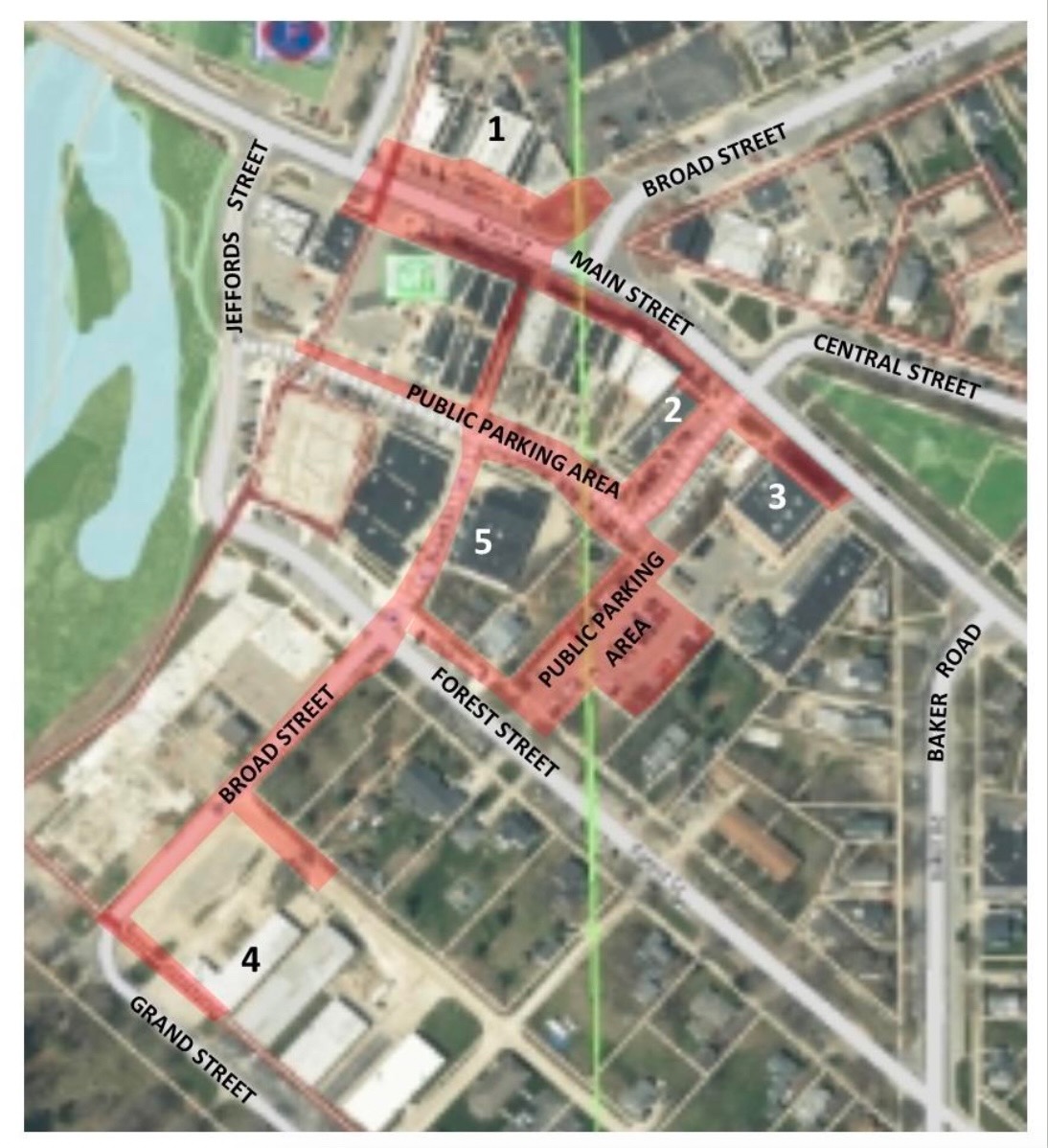Photo: Chelsea Finance Director Priya King introduces the city’s FY 2023-24 audit presentation to the City Council on November 25, 2024. Image: City video screenshot.
The Chelsea City Council received the annual audit report from Plante Moran at its November 25, 2024, meeting, showcasing strong financial performance for the fiscal year ending June 30, 2024. The auditors issued an unmodified opinion, their highest level of assurance, affirming the city’s financial statements are accurate and transparent.
“We’re pleased to give an unmodified opinion,” said Plante Moran Partner Dave Helisek. “It’s the highest level of assurance we can give, meaning the financial statements fairly reflect the city’s position as of June 30, 2024.”
Revenue and Fund Balance Growth
Auditors highlighted significant growth in the city’s general fund, which saw a $767,000 increase, bringing the total balance to $3.1 million. Of this, $2.8 million is unassigned, providing flexibility for future operations.
“General fund revenues reached $6.7 million, up more than 15% from the previous year,” said Plante Moran’s Keith Szymanski. “Property taxes remain the largest source of revenue, accounting for 63% of the total, with an 8% increase over 2023 due to rising taxable values.”
The report noted $400,000 in revenue from the TimberTown park project and $300,000 from the federal American Rescue Plan Act (ARPA), which the city spent ahead of schedule.
Strong Enterprise Funds
Enterprise funds, including water, wastewater, and electric services, also showed stability and growth. Szymanski reported the electric fund had $10.7 million in revenue, with a $4 million increase in working capital. Both the water and wastewater funds also ended the year with increases in working capital, demonstrating their healthy financial positions.
Internal Controls and Recommendations
While the audit praised Chelsea’s financial health, it also pointed out areas for improvement. “There are three items we want to bring to your attention,” Szymanski said. These include:
- Journal Entries: Adjustments were needed for cash, debt, and capital assets. Szymanski clarified, “This finding only affects year-end reporting and doesn’t impact the day-to-day financial decisions being made throughout the year.”
- Segregation of Duties: The auditors suggested refining controls over transaction approvals. “Nothing came to our attention indicating improprieties, but we identified opportunities to strengthen the process.”
- Purchasing Policy Compliance: Two purchases were made without the required competitive bids, though they were properly accounted for. “It’s about aligning with your own policy,” Szymanski emphasized.
Preparing for Future Standards
The audit highlighted upcoming changes to reporting standards for compensated absences, which will require a detailed review of past usage and projections of future payouts. The city is proactively preparing for these adjustments, with Finance Director King already introduced to the training.






 8123 Main St Suite 200 Dexter, MI 48130
8123 Main St Suite 200 Dexter, MI 48130


